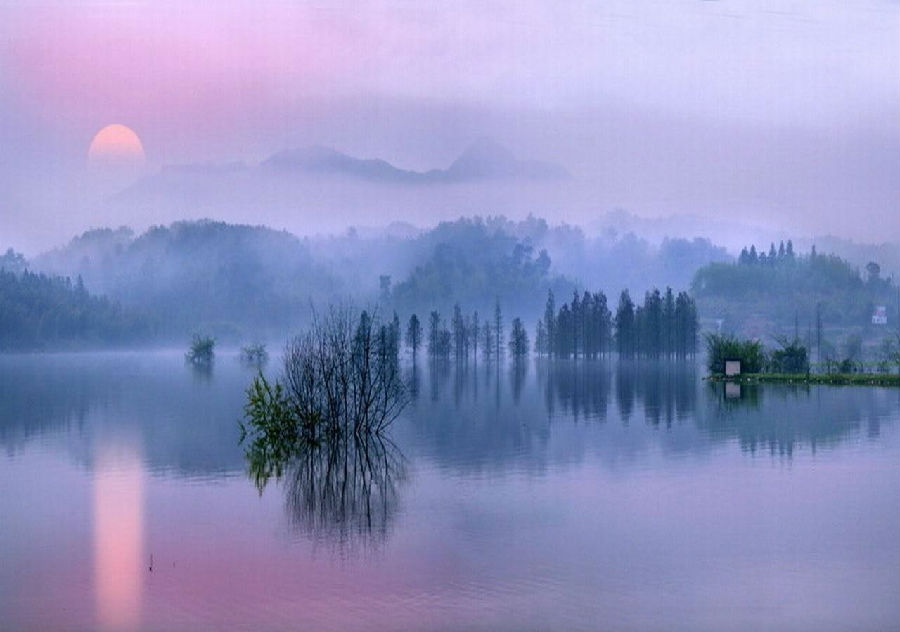And it's up to us to decide where we focus.
要關注什么由我們自己決定
Do we celebrate successes or take it for granted?
我們慶祝成功或視為理所當然
Do we perceive failures and hardships as a disaster or as an opportunity for growth?
我們覺得失敗和困難都是災難,或是成長的機會
Emerson: "to different minds the same world is a hell and a heaven."
愛默生說過:“對不同思想而言,世界既是天堂又是地獄”
And Shakespeare: "Nothing is good or bad, but thinking makes it so."
莎士比亞說過:“事情沒有好壞之分,只是思想使然”
Now, I don't 100 per cent agree with Shakespeare, but he is to a great extent right. A person in Darfur is living in hell,
我不是百分之一百同意莎士比亞,但從很大程度上看他是對的,住在達爾富爾的人就像生活在地獄中

and it's very difficult to reframe, and to derive, and to look at the positive in that situation.
很難改變環境,并在那樣的處境中表現得積極樂觀
Same for a person living in a concentration camp.
對住在集中營的人也一樣
So there are external circumstances that matter. A person, a homeless person, you know, if you give them enough money for a home,
所以有的外部情況會有影響。一個人,無家可歸的人,如果給他們足夠的錢買房子,
for food, for basic education, of course they will become happier because of the change of external circumstances.
買食物,接受基礎的教育,他們當然會更快樂,因為外部情況的改變
However, beyond the basic needs, beyond the basic freedoms,
然而,在基本需要和基本的自由外
it is mostly about how we perceive reality, and we are able to make it into a heaven or a hell.
主要和我們如何認知現實有關,以及我們如何讓生活變成天堂或地獄
Let's do an exercise that will capture this idea of "focus creating reality".
我們做個練習,來幫助我們理解"專注創造現實"這一觀點











